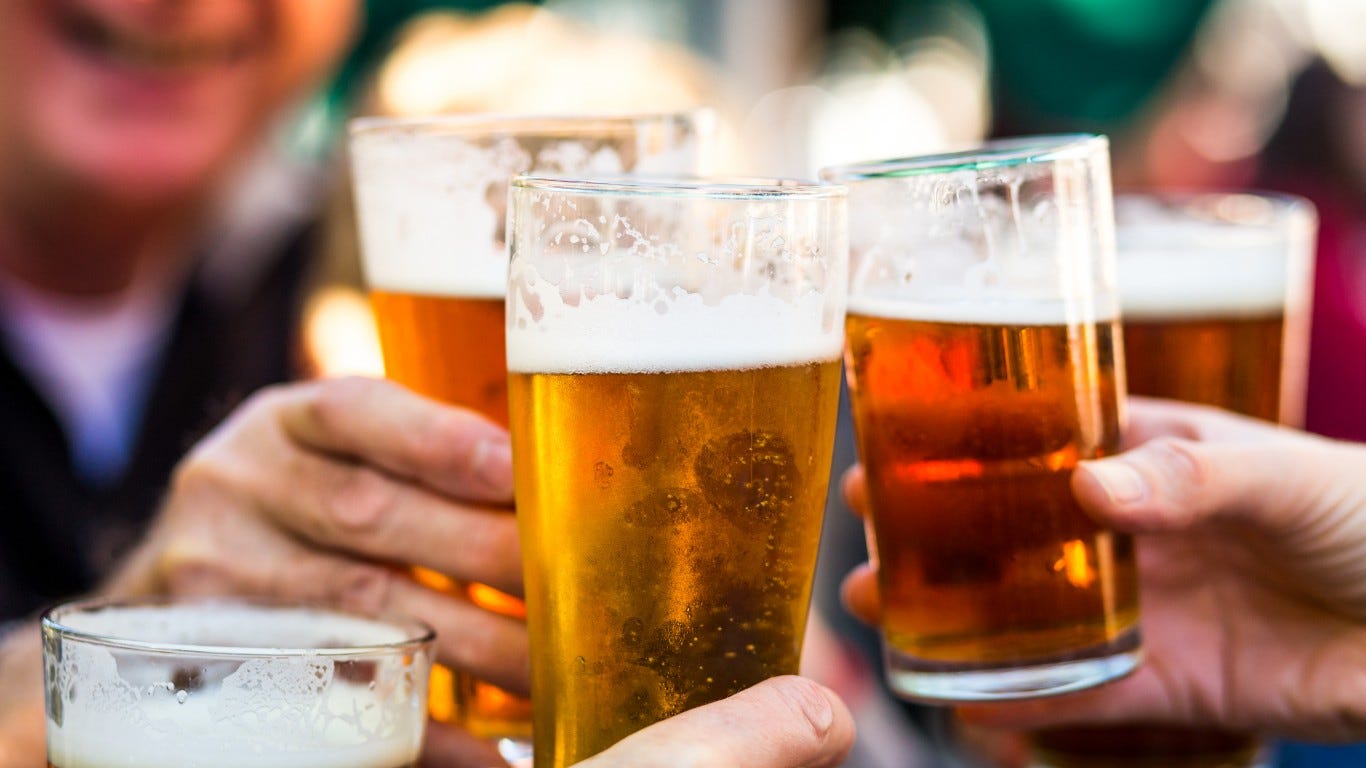Drinking fewer sugary drinks might also contribute to a reduction in cancer cases, a brand new have a look at has suggested. The observation, published on Thursday in the British Medical Journal, reviews a probable association between a better intake of sugary liquids and an elevated risk of most cancers. The outcomes showed consuming one hundred milliliters of extra-sugary beverages, according to today, has become associated with an 18 percent multiplied chance of normal most cancers and a 22 percent case of breast cancer.
While authors stated careful interpretation is wanted, the findings add to a developing body of evidence indicating that proscribing sugary drink consumption, collectively with taxation and marketing restrictions, would reduce most cancer cases. It was reported in February that the Government netted € sixteen. Five million in sales from a tax on sugary liquids was a projected net of € 30 million in more revenue for the State. The sugar-sweetened beverages tax was delivered in Budget 2018 to reduce patron choices for drinks containing heavy sugar.
Researchers in France set out to assess the associations between the consumption of sugary liquids (sugar-sweetened drinks and 100 in line with cent fruit juices), artificially sweetened (food regimen) drinks, and the hazard of most cancers, as well as breast, prostate, and bowel (colorectal) cancers. When the institution of sugary beverages became cut up into fruit juices and different sugary drinks, the intake of both beverages became related to a better threat of standard cancer.

In evaluation, consuming artificially sweetened (food regimen) drinks is unrelated to the risk of most cancers. Still, the authors warn that caution is needed in deciphering this locating owing to a shallow consumption level in this pattern. Their findings are primarily based on one hundred and one,257 healthful French adults (21 consistent with cent guys; 79 consistent with cent ladies) with an average age of forty-two. Participants completed at least two 24-hour online demonstrated dietary questionnaires designed to degree usual consumption of three,300 distinctive food and beverage items and were observed for nine years (2009-2018).
Several widely recognized risk factors for cancer, inclusive of age, sex, instructional level, family history of cancer, smoking reputation, and bodily interest tiers, were taken into consideration. The average consumption of sugary liquids increased in men than in girls (ninety. Three ml instead of 74.6 ml, respectively). After looking at 2,193 first instances of cancer, they have been identified and demonstrated (693 breast cancers, 291 prostate cancers, and 166 colorectal cancers). The common age for cancer prognosis was fifty-nine.
The researchers stress that it’s miles an observational study, so they cannot establish a reason or assure each new cancer case. They stated that the study sample was large, and the effects were mostly unchanged after further trying out, suggesting the findings resist scrutiny. The common American consumes about a 1/2-pound of sugar each day! Much of this comes from gentle beverages, such as strength liquids and coffee beverages. At nearly ounces of sugar in a single tall can of the commonplace manufacturers of electricity drink, it doesn’t take too long to get our half-pound of sugar.
High sugar consumption frequently leads to weight benefits, which leads to diabetes, Type 2. Diabetes is booming in America and worldwide, and it’s a critical, subsequently fatal clinical problem. Dr. Joseph Mercola lately indexed seventy-six unique scientific issues due to our infatuation with sugar. The high sugar stages in most energy liquids disqualify them from being healthy power liquids. Ironically, casual surveys I have taken in so-called fitness meal stores monitor electricity drinks in their coolers containing 18-29 grams of sugar. Sugar is sugar, whether or not it’s natural cane sugar or no longer. One exception is agave syrup sweeteners, which incorporate extra fructose, which poses a special health chance.





